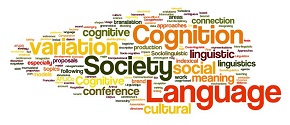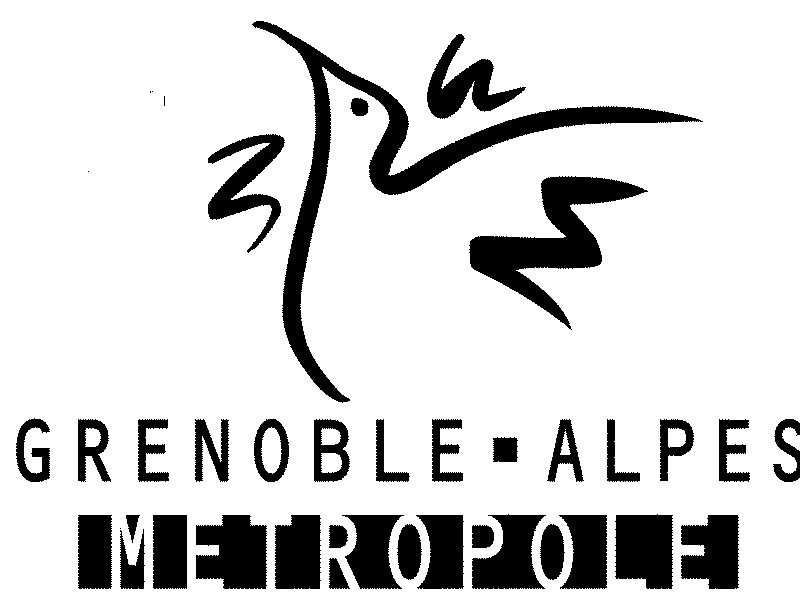|
OBJECTIVES This conference chiefly aims at consolidating and strengthening the network of cognitive linguists working in France and abroad by providing a forum for discussion and collaboration in the tradition of the preceding AFLiCo conferences in Bordeaux (2005), Lille (2007), Nanterre (2009), Lyon (2011) and Lille (2013) and the ‘JET’ workshops in Bordeaux (2010) and Paris (2012 and 2014). PROGRAMME The programme is now online. We are sorry that we can no longer accept any changes in the times and dates of your presentations. PLENARY SPEAKERS William Croft (University of New Mexico, Etats-Unis) : Force-dynamic image schemas and their analysis Elinor Ochs (Universiy of California, Los Angeles, Etats-Unis) : On time and autism Please click on the title to access abstracts for plenary sessions WORKSHOPS There will be 3 preconference workshops on May 26th (a.m.): the first two will start at 9 and the third one at 10. 1. Linguistics, Cognition and Neurosciences (9-12, room B103) Instructor: Marcela Perrone-Bertolloti (LPNC, Université Grenoble Alpes) 2. Using R with Corpus data (9-12, room B102) Instructor: Gaard B. Jenset (Indigo & University of Oxford, UK) 3. Think-aloud protocols and metacognition: exchanging practises (10-12, room B104) Instructors: E.Lavault-Olléon & A.Carré (ILCEA4, Université Grenoble Alpes) Registration to any of the workshops is free of charge for registered conference delegates and students. Should you wish to attend one of the workshops only, registration will be 15 euros (workshop 3 is free of charge). Workshops 1 and 2 will welcome a maximum of 20 (Using R with corpus data) and 35 attendants (linguistics, cognition and neurosciences) To attend a workshop only, please email isabelle.rousset@u-grenoble3.fr CONFERENCE PRIMARY THEMES The conference’s major foci are in line with the directions of the previous AFLiCo conferences, while integrating recent evolutions in the field, in connection with contiguous fields. The conference welcomes proposals linking cognitive and linguistic topics while taking into account social and cultural contexts, to model or document the integration of social and cultural information into linguistic structures (indexical properties of sound, lexical, grammatical or discursive patterns), or to examine how linguistic variety shapes social and cultural representations. The following areas are especially relevant to these thematic sessions:
Each of these areas is part of a common trend, bringing together social and cognitive science. The 6th AFLICO conference will be about the development of this trend in connection with the framework of Cognitive Linguistics. Our topics for 2015 encourage pluridisciplinary work along this new line of thought. In this line of work, the following issues have taken on special importance:
GENERAL THEMES The conference will not be limited to thematic sessions devoted to the main foci described above. The organisers also encourage researchers to submit proposals within other areas of cognitive linguistics. The organisers further encourage young researchers to submit an abstract. SUBMISSION PROCEDURE Abstracts for 20-minute oral presentations will be submitted to a double, blind review. They should be fully anonymous and not exceed 500 words (references excluded). Submission is to be done via a login on the conference the website. Format for abstract
Abstracts may be submitted in English or French. IMPORTANT DATES
Find us on the Sociolinguistics Events Calendar: http://bit.ly/SlxEvents SPONSORS
|




